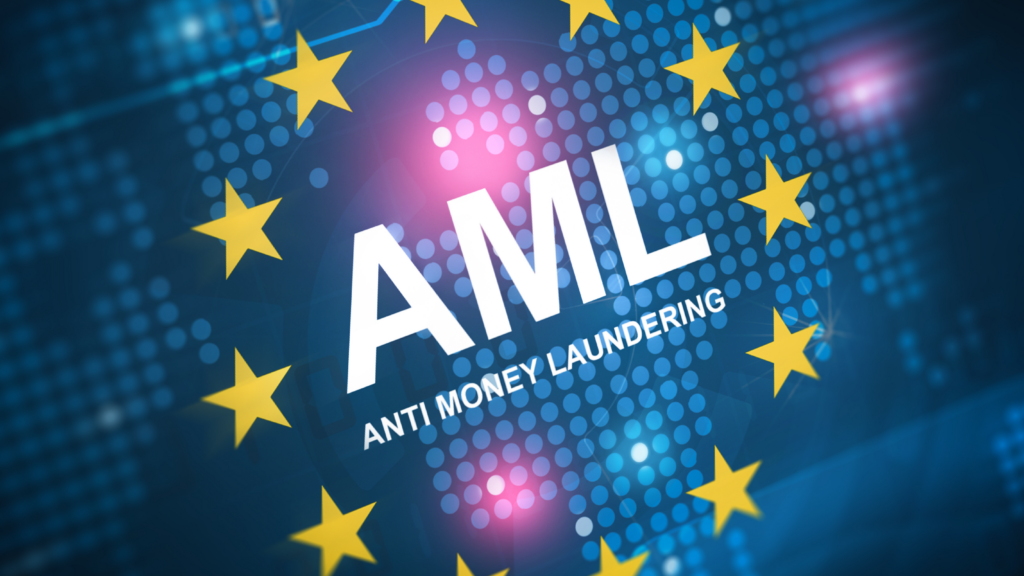Anti-Financial Crime
Table of Content
How business might violate human rights regulations
Introduction
The proliferation of unilateral and secondary sanctions [1] has led to a concerning trend of overcompliance by businesses, particularly banks and financial institutions. Overcompliance refers to excessively restrictive practices that go beyond the requirements of sanctions regulations. This can have a significant negative impact on human rights by widening the scope of sanctions to include non-sanctioned individuals, entities, and even entire populations of sanctioned countries. The UN Human Rights Council’s Special Rapporteur has recognized the compounding negative effects of overcompliance and has provided a draft Guiding Principles on Sanctions, Compliance and Human Rights (‘UN Guiding Principles’) [2]. These principles are designed to help businesses to mitigate the detrimental effects of overcompliance while ensuring compliance with sanctions regulations.
In the following section, our experts will provide an assessment of the draft.
Overcompliance and the violation of human rights by businesses
The UN Guiding Principles highlighted that, all fundamental human rights outlined in the International Bill of Rights must be fully realized when implementing the UN or unilateral sanctions. According to the UN Guiding Principle, Public and private entities should prioritize human rights when applying sanctions or formulating compliance policies (See para. 15 and 16). Overcompliance with sanctions by businesses, especially financial institutions, can have significant adverse impacts on the realization of human rights, particularly the right to health and the right to life of citizens in sanctioned countries. Despite exemptions for humanitarian goods in comprehensive sanctions, human rights are still at the danger of being violated because of the business policies and practices.
Sanctions increase the cost of acquiring and delivering humanitarian goods and services, such as essential food, medicine, and medical equipment. Even though transactions involving these products are exempted, banks still associate risk with them and may choose not to proceed. Likewise, businesses operating in the field of essential products may themselves adopt a zero-risk policy, which means they abstain from engaging in any activities involving states, entities, or individuals subject to sanctions or deemed at risk of sanctions.
This zero-risk policy stands in stark contrast to the risk-based approach proposed by the EU on several occasions. The zero-risk approach exacerbates human rights situations in sanctioned countries and undermines efforts to mitigate sanctions on vulnerable populations. One example is the EU’s policy not to interrupt the transfer of food and energy to third developing countries. [3] If businesses in sectors such as energy, health, or food opt for a zero-risk approach, the effectiveness of EU policies aimed at mitigating these impacts would be severely compromised.
Detection options in transaction monitoring
The UN Guiding Principles states that “Sanctions’ policies and their implementation shall not affect critical infrastructure and critical services in their broader context, including but not limited to water and energy supply, sanitation, food, health, transportation, agriculture, connectivity as being contrary to the humanity and precautionary approach per se” (See para. 16.4)
Businesses, can adopt following approach to steer clear from overcompliance with sanctions and protect human rights while complying with sanctions regulations:
1. Human Rights Due Diligence: According to UN Guidelines, businesses must conduct human rights due diligence and ensure compliance with international humanitarian law and human rights standards while complying with applicable international and national sanctions.
2. Transparent Internal Policy: The UN Guiding Principles urge businesses to implement transparent internal and external policies, and to ensure that human rights assessment policies are integrated into a company’s compliance policy.
Business operators should formulate and implement their internal policies in a way that avoid any adverse effects on human rights and refrain from formulating a general, discriminatory and non-transparent policy. (See para. 28)
In addition, the processes for accepting/rejecting new business partners and the associated sign-off processes and roles, must be clearly defined and implemented.
Lastly, according to the UN Guiding Principles, contracts promoting compliance with unlawful sanctions are deemed invalid and Businesses are urged to integrate responsible anti-over-compliance practices into their policies and management systems, aligning with OECD guidelines. (See para. 26)
3. Holistic and Deep Understanding of Sanctions Regulations: Businesses and banks must understand sanctions regulations in depth, striking a balance between legal obligations and ethical conduct to avoid overcompliance while safeguarding human rights. Therefore, it’s essential for them to seek guidance from experts in sanctions regulations, with a clear understanding of sanctions exceptions and licensing procedures.
Conclusion
In this piece, we explored the unintended consequences of overcompliance with sanctions, particularly in financial institutions, and its impact on human rights, notably access to healthcare and the right to life. Having explained the UN Guiding Principles for business operators, this piece dealt with how businesses can uphold human rights even during sanctions compliance. However, translating these principles into practical action presents challenges. This is where WIACON steps in. Our experts empower companies to navigate these complexities, ensuring both sanctions compliance and human rights adherence. This is because our team combines deep expertise in internal and regional sanctions with a strong grounding in human rights law.
Other articles
Sources:
[1] https://www.wiacon.de/en/has-the-eu-entered-the-era-of-extraterritorial-sanctions/
[2] https://www.ohchr.org/sites/default/files/documents/issues/ucm/cfis/guiding-principles-sanctions/guiding-principles-sanctions-over-compliance-hr.pdf
[3] https://finance.ec.europa.eu/system/files/2023-10/faqs-sanctions-russia-listed-goods_en.pdf











